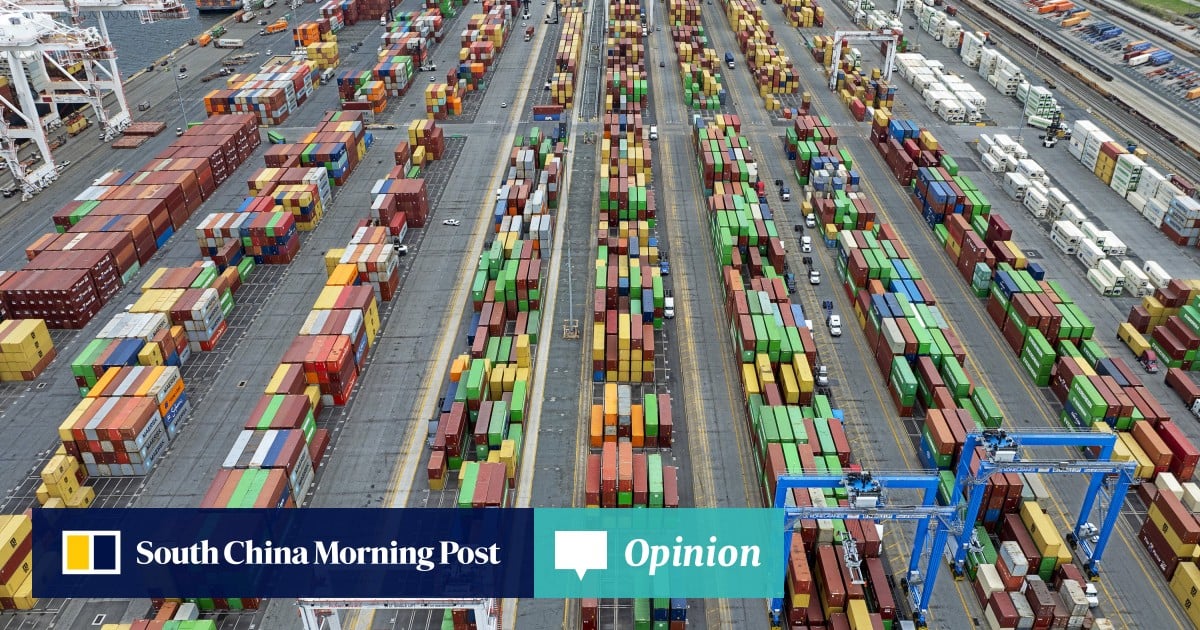The US administration’s announcement of
“reciprocal tariffs” targeting all its trading partners instantly sent global markets into turmoil, wiping trillions off global market value. It delivered a devastating blow to the global economy and the multilateral trading system.
It seriously undercut the efforts of countries striving to grow their economies, lower the costs of living and create jobs, dimming the development prospects of
Global South countries in particular.
Global leaders, economists and financial institutions joined a chorus of concern and opposition. In its latest
World Economic Outlook published on April 22, the IMF warned of a rising US recession threat and a “significant slowdown” in the global economy.
The US administration claims that one reason for imposing the “reciprocal tariffs” is because it feels “ripped off” by China and other trading partners, citing its “large and persistent” trade goods deficits. The truth, however, is that the US remains the biggest beneficiary of global trade. Globalisation has brought big profits to American multinationals, offered American consumers a variety of inexpensive goods and bolstered the international standing of the US dollar.
In the case of China-US trade, while China runs a surplus in goods trade, the United States holds a considerable surplus in services trade. When trade in goods, trade in services and the local sales of domestic companies’ branches in each other’s countries are taken into full account, China and the US have benefited more or less equally from their two-way trade.
These facts have been conveniently ignored by the US. By wielding the tariff stick, the US follows the logic of a selfish bully – the world must pay for “American exceptionalism” and allow the US to
maintain its supremacy at the expense of others.
South China Morning Post


